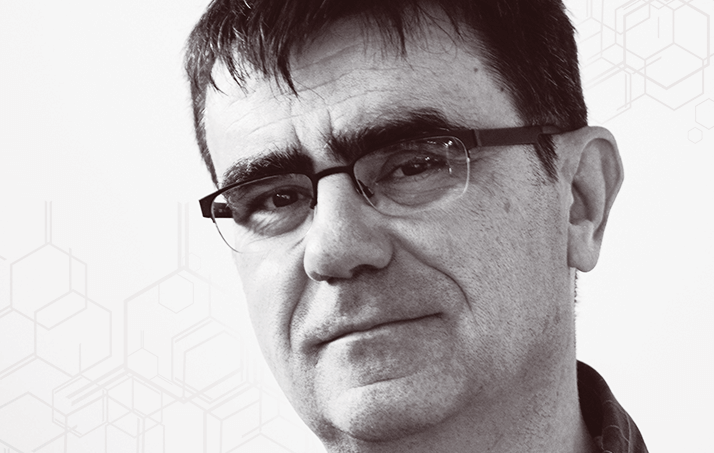
You’re the chair of HPLC 2015 in Geneva – what’s the plan? The European series of HPLC events have been successful in the past, so we won’t stray too far from the tried and tested. We are running four parallel sessions, three of those are dedicated to scientific themes: fundamentals (core separation technology); hyphenated techniques (mass spectrometry will play a large role here); and high impact applications (here we have placed an emphasis on sample preparation). The fourth parallel session is for tutorials – and we’re introducing a rapid “five minutes, five slides” system, which gives more young scientists a chance to present their work.
And that’s important? Absolutely. I think exposure is very important for young scientists. The best poster award winners will also get “five minutes, five slides,” so that everyone can understand why their work stood out for the judges – something that’s often missing in other conferences.
Do you see any trends in the work submitted so far? There are some definite trends – multidimensional separations seem hot this year (see page 24). Omics applications are also prevalent. And there is still a huge interest in the fundamentals, which is reassuring. Finally, as I’ve already said, mass spectrometry is ever present.
What’s the motivation for organizing a major conference like HPLC? Well, you certainly can’t do something like this if you’re forced into it! I’ve always been a fan of the analytical sciences, and I believe we must promote the field whenever we can – chairing such a conference is my way of contributing. Despite our interconnected world, I am still convinced that face-to-face scientific meetings are essential to keep a field moving forward – it’s about building bridges. So I guess my passion for progress and community are strong motivators.
Has “Francogeddon” (the abandonment of the Swiss Franc ceiling) affected the organization of HPLC 2015 at all? Things have settled down now I think. It does not seem to have affected anything on the sponsor side. People should not be afraid to come to Switzerland! Actually, the 30 percent increase on the Euro reported in the news only occurred for a few minutes – that’s a banker’s story, not real life. Plus, you get a lot for your registration fees – so you certainly won’t starve!
Can you share your current research focus? My laboratory is focused on pushing the very limits of mass spectrometry. In particular, we are developing innovative analytical workflows and tools to approach the whole gamut of analytes, from elements up to proteins, to support a systems biology approach. Because our field (from an analyte point of view) is very wide, it allows a great deal of cross-fertilization – something that I strongly believe in, which actually brings me back to the importance of conferences. We currently have three main teams covering different facets of systems biology. The first team is involved in proteomics studies where we try to get a better understanding of proteins expression in dendritic cells in relation with early HIV infection. The “metabolomics” team is developing assays for metabolites in blood and tissue infected with malaria to measure the effects of drugs on these systems. The third team is working on surface analysis (MS imaging), particularly with forensics and plant materials. We are also spending a lot of effort in the data validation and in the automation of data processing workflows.
What drives your research interests? I worked in the pharmaceutical industry before my time in academia, so I usually have an eye on medicine and biological processes. We need analytical technology and expertise to solve the complex problems found in these fields. Essentially, I want to be able to accurately measure any compound in any system.
Where is analytical science heading? I am a big believer in the hyphenation of capabilities. We consider mass spectrometry as a separation technique and so we are very interested in the hyphenation of LC, ion mobility and fast high resolution MS. Another increasingly important area is the integration of automated sample preparation, where there are quite a number of new and interesting developments; for example, using magnetic beads, digital microfluidics and so on. Miniaturization is also key – however, I’m not talking lab-on-a-chip, but rather integrated small benchtop systems.
How did you find yourself so involved in analytical science? I was educated as a chemist, did my masters work in a hospital as a toxicologist and my PhD thesis in organic mass spectrometry searching for biomarkers in sediments. I’ve always been interested in technology, whether mechanical, chemical or informatics-based. And analytical science combines technologies nicely. I want to follow technological advances but apply them in a very pragmatic way – and for me, anything related to health fits that ambition. I am convinced that analytical technology will have a major impact on personalized medicine.
HPLC 2015 Geneva takes place June 21–25. For more information, visit: www.hplc2015-geneva.org




